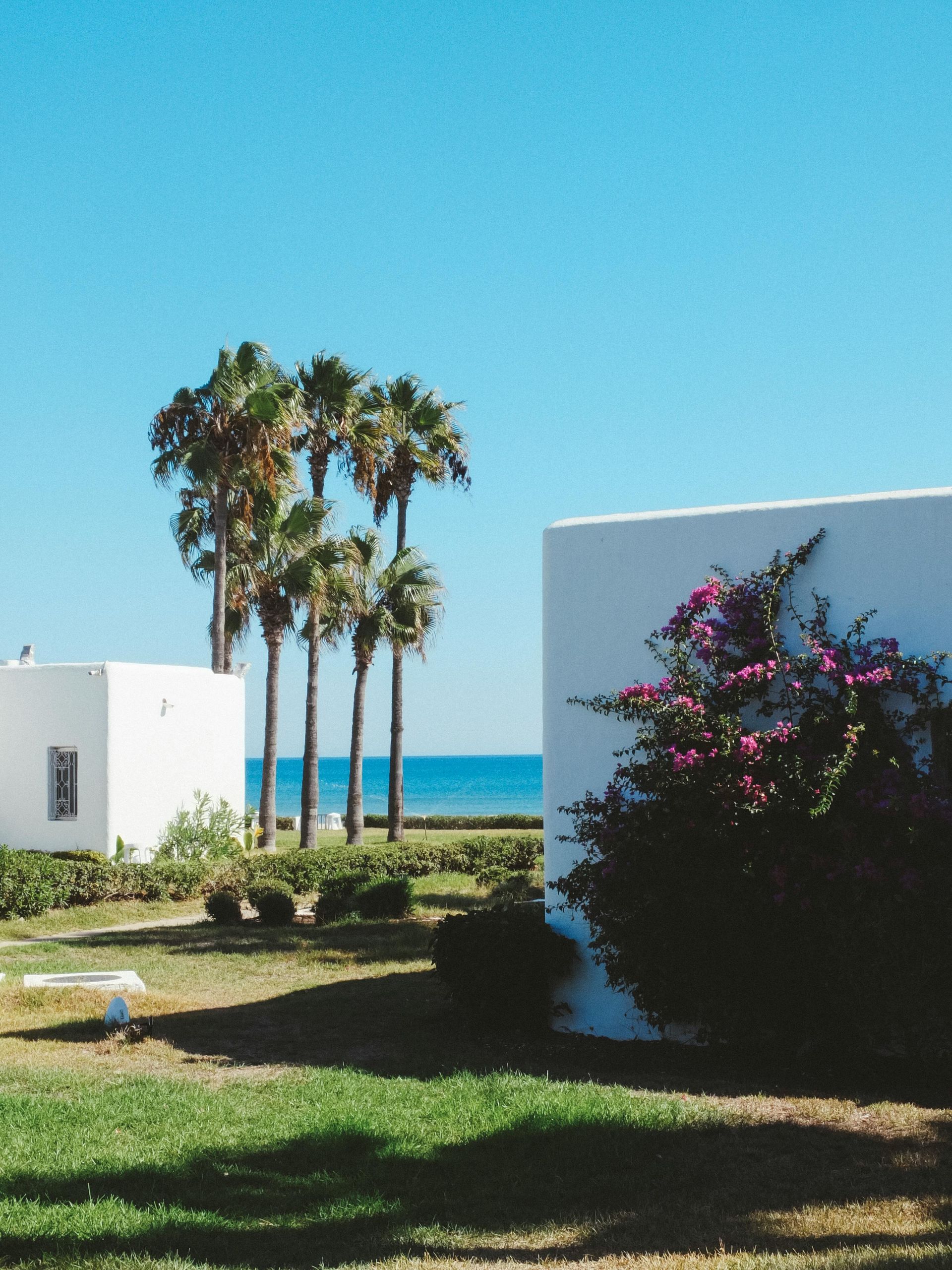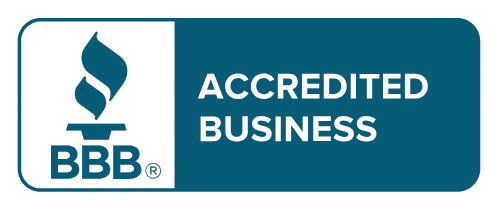Selecting Materials for Longevity in a Coastal Environment
This is a subtitle for your new post

Selecting Materials for Longevity in a Coastal Environment
Building a new home in a coastal area like Charleston, South Carolina, means you need to pick the right materials. The salty air, humidity, and storms can be tough on homes. To make sure your new custom home stands strong, you need materials that can handle all these challenges. This guide will help you understand how to choose materials that last.
Key takeaways
- Choose weather-resistant materials for your coastal home.
- Use composite and fiber cement for siding and decking.
- Install impact-resistant windows for safety.
- Consider metal roofing to withstand storms.
- Proper maintenance is key to extending the life of your materials.
- Explore energy-efficient solutions for sustainability.
Understanding the coastal environment
Coastal living is beautiful, but it comes with risks. High humidity can cause mold. Saltwater can eat away at metal and wood. Strong winds can damage roofs and windows. Knowing these factors can help you choose the right building materials.
Weather challenges in Charleston
Charleston faces unique weather conditions. Heavy rains and strong winds are common. Hurricanes can also bring severe storms. These elements can test even the strongest homes. It is important to pick materials that can endure these challenges.
Weather Challenges Overview
Weather Element Impact on Homes Recommended Solutions High Humidity Mold growth, wood rot Fiber cement, treated wood Saltwater Corrosion of metals, wood damage Salt-resistant materials Strong Winds Broken windows, roof damage Impact-resistant windows, metal roofs High humidity and its effects
Humidity can create a damp environment. This can lead to mold growth in your home. Mold can affect your health and damage your house. Choosing materials that resist moisture can help keep your home safe and healthy.
Saltwater exposure
Saltwater can be harmful to your home. It can corrode metal parts and damage wood. To prevent salt damage, salt-resistant pick materials. This will help your home last longer by reducing the risk of rust and rot.
Strong winds and storm readiness
Strong winds can break windows and damage roofs. When building a new home, consider materials that can withstand high winds. This includes impact-resistant windows and strong roofing materials.
Material selection for coastal homes
Now that you understand the challenges, let's talk about materials. Choosing the right ones is crucial for a long-lasting home.
Weather-resistant siding options
Siding protects your home from the elements. In Charleston, it's best to choose materials that can resist moisture and salt. Here are some good choices:
- Fiber cement siding: This is a durable choice. It looks like wood but does not rot. It also resists pests and can handle humid weather well.
- Vinyl siding: While not as durable as fiber cement, vinyl siding is affordable and easy to maintain. It comes in many colors and styles, making it a popular choice.
- Wood siding: If you love the look of wood, choose treated wood. It can resist moisture better than untreated wood. Regular maintenance is key to keeping it in good shape.
Strong roofing materials
Your roof is your first line of defense against storms. Choosing the right roofing material is vital.
- Metal roofing: Metal roofs are strong and can last many years. They handle heavy rain and strong winds well. They also reflect sunlight, keeping your home cooler.
- Asphalt shingles: These are common in many homes. They are affordable and come in different colors. However, they might not last as long as metal roofs in harsh weather.
- Clay tiles: Clay tiles are beautiful and durable. They resist heat and moisture. However, they can be heavy and may require extra support.
Impact-resistant windows
Windows are vulnerable during storms. Choose windows that can withstand high winds and flying debris. Impact-resistant windows use special glass that is harder to break. This can help protect your home during hurricanes.
Durable doors
Your doors also need to be tough. Look for fiberglass or steel doors, as they are strong and secure. Wooden doors can look nice, but they might not last as long in a coastal environment. Regular maintenance is important.
Considerations for Door Materials
Material Type Benefits Drawbacks Fiberglass Strong, energy-efficient, low maintenance Can be expensive Steel Highly durable and secure Prone to rust without proper coating Wood Aesthetic appeal Requires regular maintenance Outdoor materials for longevity
Don't forget about the outside of your home. Outdoor spaces need durable materials, too.
Decking options
If you want a deck, choose materials that can handle the weather.
- Composite decking: This is a mix of wood and plastic. It resists moisture and UV rays, making it a great choice for coastal areas. It also requires less maintenance than wood.
- PVC decking: This is made entirely of plastic and is very durable. It won't rot or warp, making it perfect for humid areas.
Fencing materials
A fence can add privacy and style to your home. Choose materials that can resist moisture and salt.
- Vinyl fencing: This is low-maintenance and does not rot. It’s a good choice for coastal areas.
- Metal fencing: Aluminum or steel fences can also be a great option. They are strong and can withstand harsh weather.
Essential Outdoor Material Considerations
- Fading Resistance: Choose materials that resist UV fading.
- Mold Resistance: Look for materials that minimize mold growth.
- Longevity: Opt for options with warranties or proven durability.
The importance of proper maintenance
Even the best materials need care. Regular maintenance can help extend the life of your home. Here are some tips:
- Inspect your home regularly: Check for signs of damage, like cracks or rust. Catching problems early can save you money.
- Clean gutters: Keep gutters clear to avoid water damage. Clogged gutters can lead to leaks and rot.
- Seal gaps: Check around windows and doors for drafts. Caulk any gaps to keep moisture out and energy costs down.
Sustainable choices for your coastal home
When building your custom home, think about the environment. Choose materials that are sustainable and have a lower impact on the planet.
Recycled materials
Consider using materials made from recycled products. This helps reduce waste and can be just as strong as new materials.
Energy-efficient options
Look for energy-efficient windows and doors. This can help you save money on energy bills. Solar panels can also be a great addition to your home, helping you harness the Charleston sun. For more about these sustainable solutions, check out eco-friendly building materials.
Native landscaping
Using local plants in your garden can help your home blend with the environment. Native plants are often easier to care for and need less water.
Conclusion
Building a new custom home on the coast can be rewarding. By choosing the right materials, you can ensure your home stands strong against the elements. Focus on weather-resistant options for siding, roofing, and windows. With proper care and maintenance, your coastal home can last for many years.
Final thoughts
Remember, selecting materials for longevity in a coastal environment is key to protecting your home. Take the time to research and choose wisely. A strong, beautiful home awaits you in Charleston!
For more insights on maintaining your coastal property, visit home maintenance tips.
If you're curious about the most resilient construction materials, explore building materials for harsh climates.







